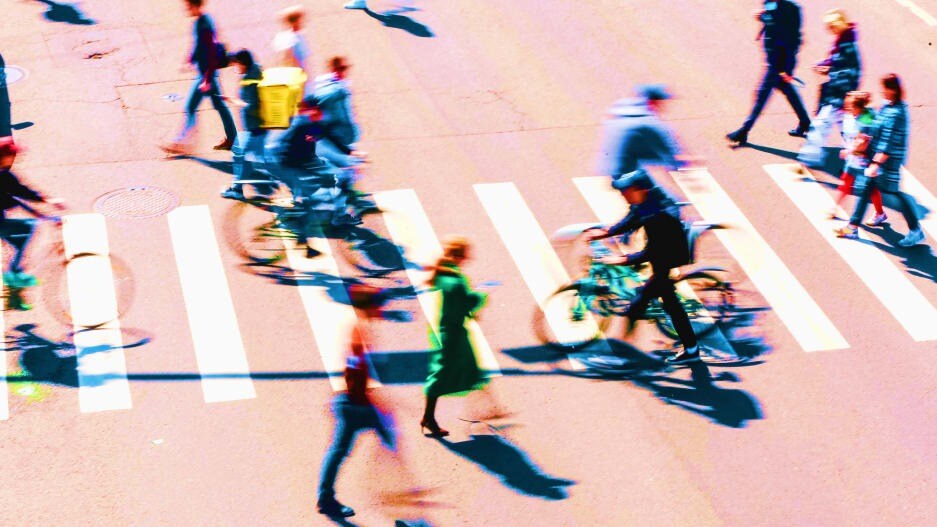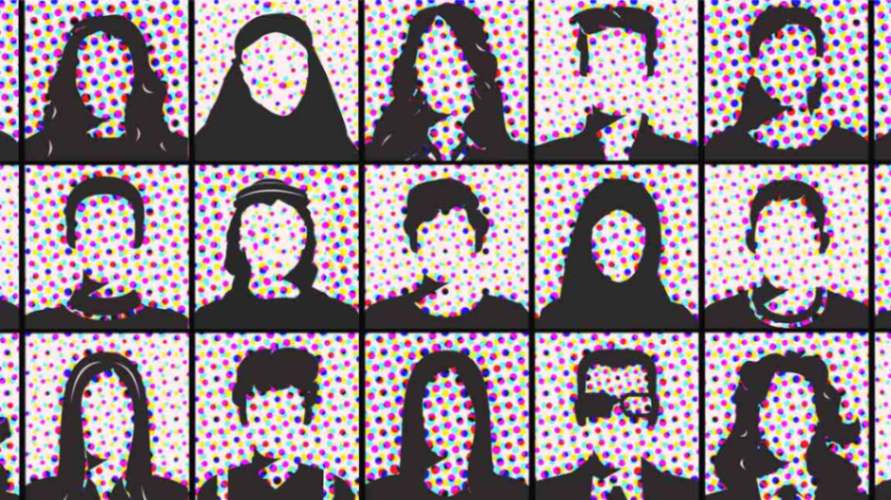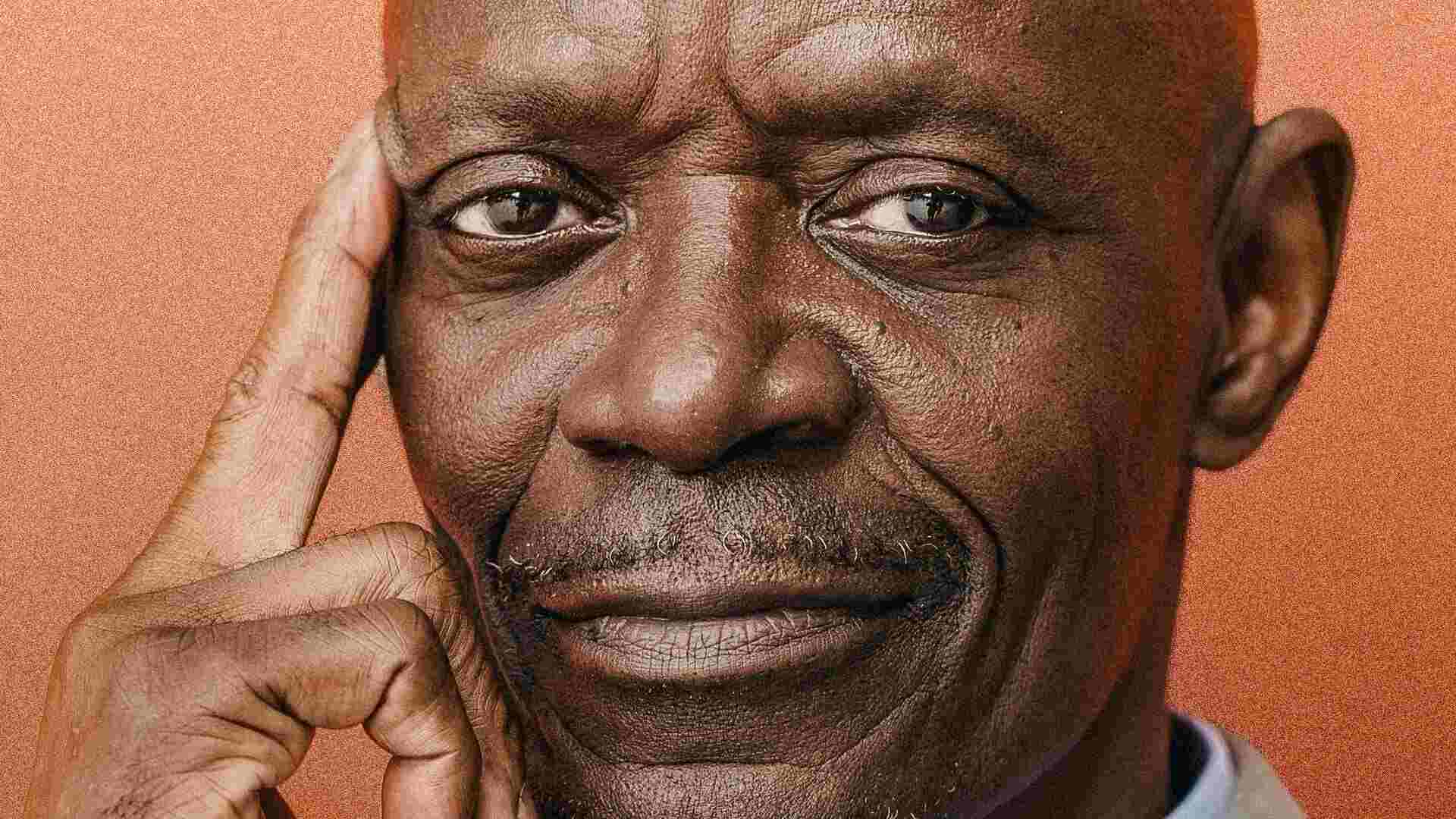- | 9:00 am
How hyper-reflection can help you improve your focus
It’s about learning to observe the world around you deeply and openly.

If you’re being honest, you’ll admit that you get distracted during the day. Maybe it’s social media, email, or the notifications on your phone. The sheer number of available distractions interrupt your ability to focus. They can leave you feeling like you’re languishing, disconnected to the world around you. Distractions also impair your ability to think.
“Some of it has to do with what we went through the last three years, but I think it’s been going on much longer,” says Christian Madsbjerg, author of Look: How to Pay Attention in a Distracted World. “The decisions we make and our opinions are often ready-made. When we read a magazine or walk down the street, we have a series of prejudices toward the world and toward people. . . . That’s not good if you’re dealing with a very uncertain world.”
To improve your focus, Madsbjerg says you need to observe without judgment and preconceived notions as much as you can, removing the filter and paying attention to what’s there. This requires focused attention, instead of what’s called panoptic attention.
“Panoptic attention to the world means that when you walk past a school, you know what a school is,” he says. “Or, it’s understanding the rhythm of a city. We pay attention to everything and nothing at the same time. But you don’t think it about unless you observe it.”
Focused attention is looking at other people in an organized and careful way to see the magic of it all and how others move around the world. Instead of making decisions based on a preconceived, abstract relationship to the world, learn to observe and analyze how other people pay attention to the world—a practice is called hyper-reflection.
“Hyper-reflection is a layer above just normal looking,” he says. “It’s a highly sophisticated way of looking. But it’s just like going to the gym; you have to practice it and be quite organized around doing it because we don’t do it naturally.”
HOW TO PRACTICE HYPER-REFLECTION
To improve your focus, Madsbjerg recommends creating a “looking lab.” The first step is observation. Go to a busy place in your city, such as a square or plaza. Instead of thinking you already know what’s going on, write down what you see and hear without trying to analyze or conclude.
“Just observe and be quiet for a moment,” says Madsbjerg. “If you see cars, observe how people move around in them. Figure out what’s important to the decisions that are made in the vehicle. What is happening? Don’t think about what’s good or unsafe. Only observe like an anthropologist would do.”
Observing without judgement, comparisons, or conclusions is hard. It’s having a radical openness and raw direct relationship to the world, says Madsbjerg. “As students, you’re taught to have opinions about everything,” he says. “It takes a while to excavate yourself.”
After you’ve captured empirical information, look for patterns and ask questions. See the strange in the familiar. For example, ask, “What’s going on?” “What is mysterious or funny or odd about this?” “What do these rituals mean, and who are they for?”
“People don’t know why they’re doing things most of the time,” says Madsbjerg. “It’s what they’ve always done. The best insights are occurring below the sounds of conversation, in the submerged iceberg that sits unseen to most of the world.”
Use the observations and patterns to imagine how things can be different. What are alternatives to what you’re seeing? How can you better understand someone else’s point of view? By creating a looking lab, you can figure out what to think about something and the consequences it may hold.
“If you take the time, effort, and care to observe what’s going on, often a lot of misunderstandings between us can melt away, because we suddenly understand at a higher level,” says Madsbjerg. “Having direct relationship to the world also feels more real. It means that you stop languishing and having an abstractive feeling of living with a window between you in the world. When people look, they start to feel better and that’s the best part of it.”







































